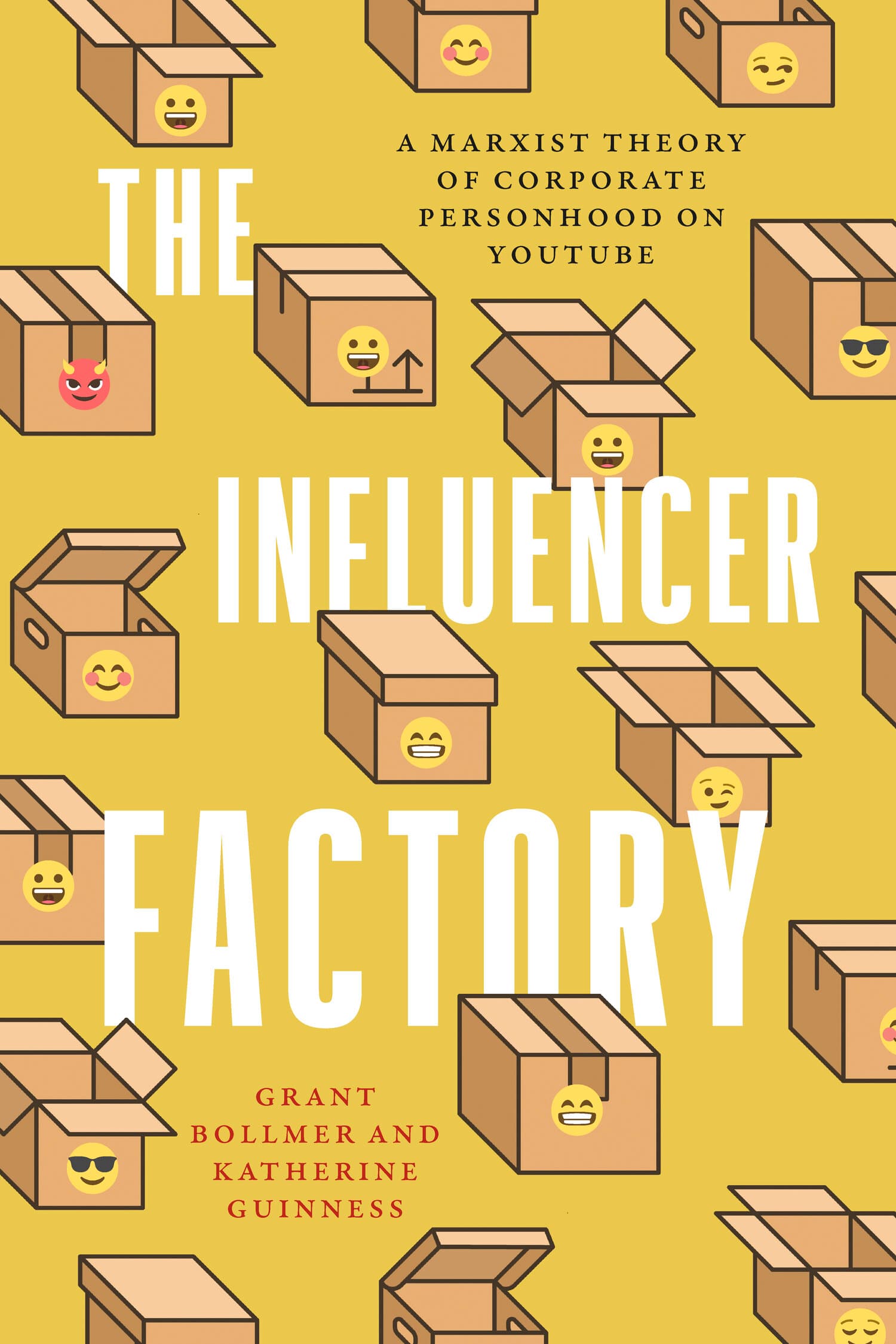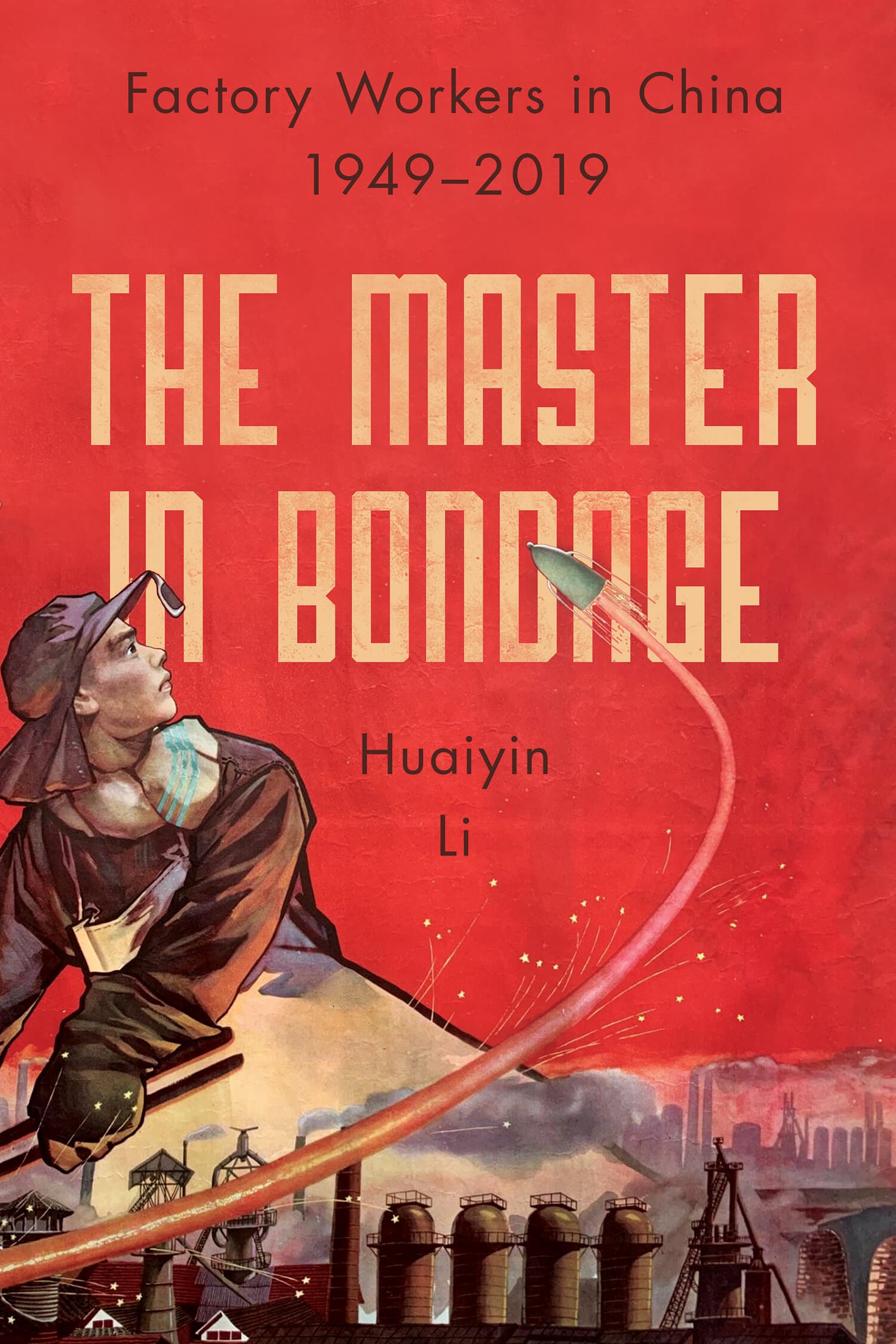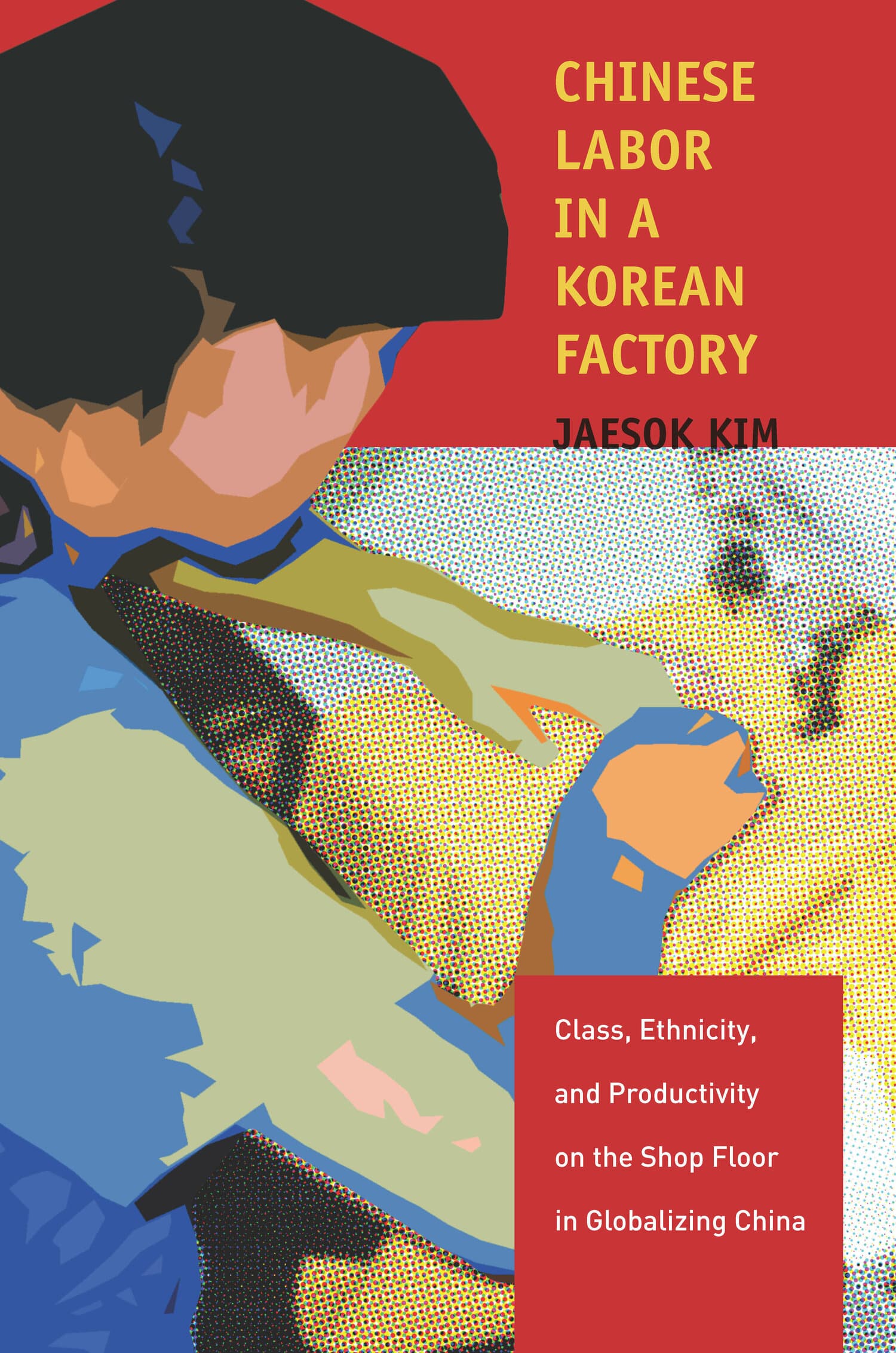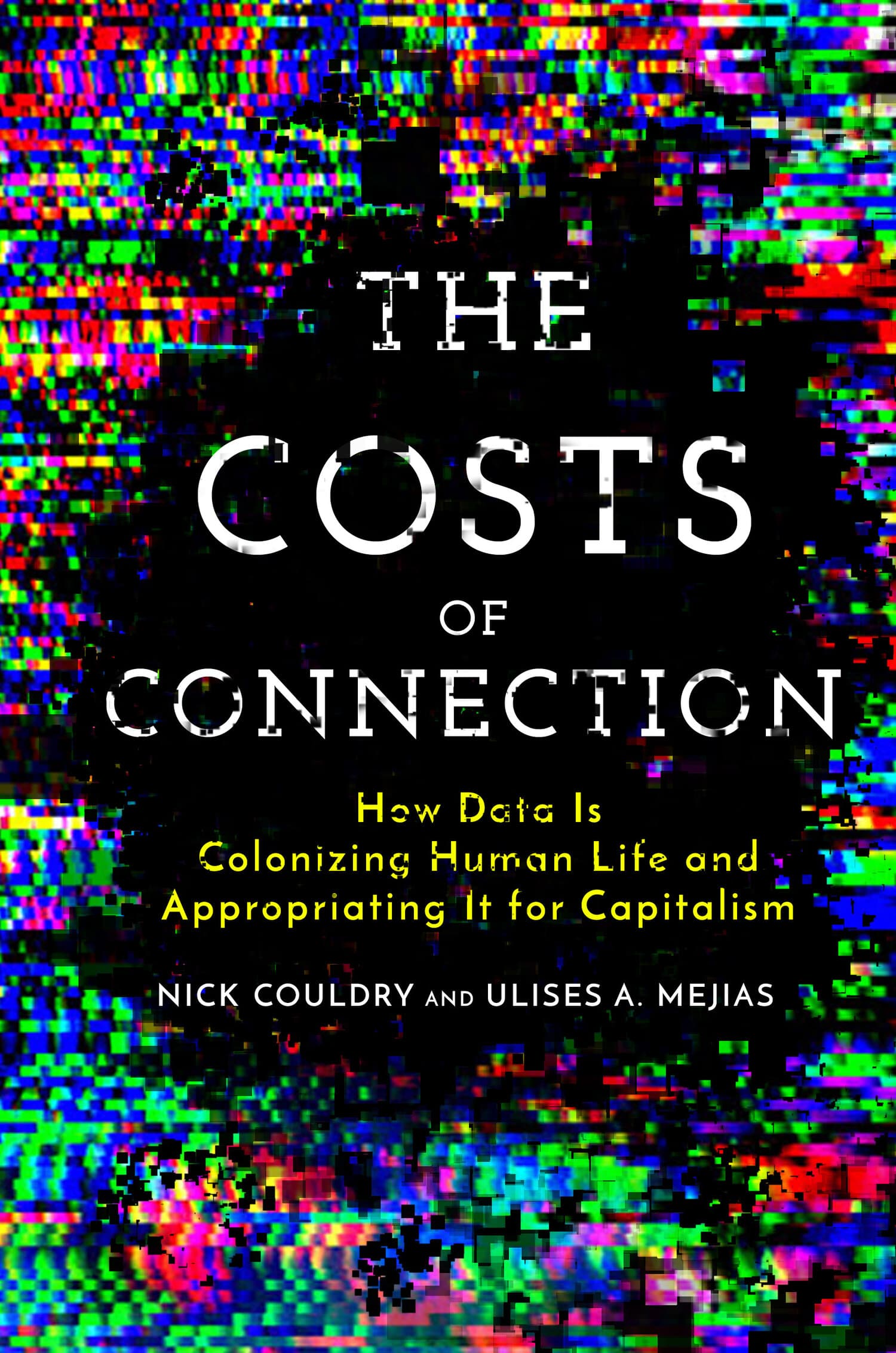The Influencer Factory

Influencers are more than social media personalities who attract attention for brands, argue Grant Bollmer and Katherine Guinness. They are figures of a new transformation in capitalism, in which the logic of the self is indistinguishable from the logic of the corporation.
Influencers are emblematic of what Bollmer and Guinness call the "Corpocene": a moment in capitalism in which individuals achieve the status of living, breathing, talking corporations. Behind the veneer of leisure and indulgence, most influencers are laboring daily, usually for pittance wages, to manufacture a commodity called "the self"—a raw material for brands to use—with the dream of becoming corporations in human form by owning and investing in the products they sell. Refuting the theory that digital labor and economies are immaterial, Bollmer and Guinness search influencer content for evidence of the material infrastructure of capitalism. Each chapter looks to what literally appears in the backgrounds of videos and images: the houses, cars, warehouses, and spaces of the market that point back to the manufacturing and circulation of consumer goods. Demonstrating the material reality of producing the self as a commodity, The Influencer Factory makes a crucial contribution to our understanding of contemporary economic life.
—Kate Eichhorn, The New School
"A dazzling and organic application of cultural theory, The Influencer Factory is a lively and provocative read for anyone invested in understanding how a new, expansive, and important sector of our cultural economy works."
—Michael Palm, The University of North Carolina at Chapel Hill
"At the intersection of authenticity, identity, and commerce, we find Bollmer and Guinness engaged in next-gen platform capitalism studies. The Influencer Factory nimbly combines digital media theory and political economy, with attention to the labor and infrastructure behind the corporate self."
—Alexandra Juhasz, Brooklyn College CUNY
"This compelling book gives voice to the often-invisible work of influencers. From the house and car to market and warehouse, The Influencer Factory puts influencers, their work and what they reflect about contemporary media culture into context—historically, socially, and culturally."
—Larissa Hjorth, RMIT University, Melbourne
"I feel like this is how nineteenth century proletarians must have felt reading Marx: like it just perfectly describes every last tiny indignity of working life, even the ones you'd never fully noticed before."
—Andrew Ladd, What's New
"[Bollmer and Guinness] make a complex application of Marxist theory concrete as they unpack examples and offer critiques of late capitalism as evidenced in the ongoing excess and waste that mark influencer culture. Recommended."—L. McMillan, CHOICE




